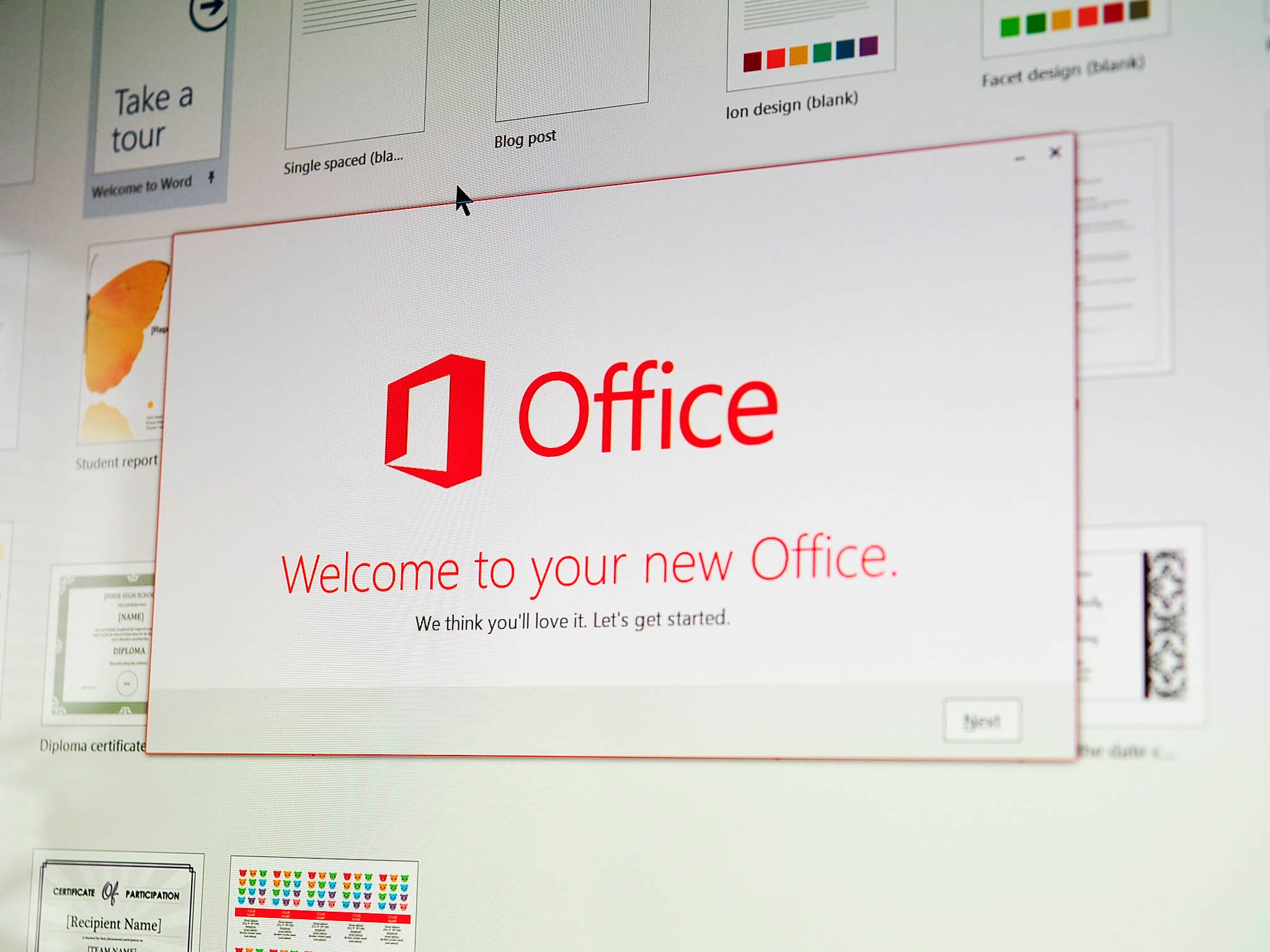Microsoft Office 365 price increases are upsetting companies, says report
Say goodbye to the old pricing model.

All the latest news, reviews, and guides for Windows and Xbox diehards.
You are now subscribed
Your newsletter sign-up was successful
What you need to know
- In August 2021, Microsoft announced it'd be upping the price of Office 365 subscriptions.
- Microsoft deemed it the "first substantive pricing update" to the service since its launch.
- Now, reports are coming out that companies aren't happy with either the annual or monthly pricing adjustments.
In August 2021, Microsoft broke the news that it'd be increasing pricing for its Office 365 options. This change will affect users regardless of what Office 365 model they subscribe to, be it annual or monthly. However, there's the added wrinkle that those who opt for monthly subscriptions will incur an additional Microsoft tax seemingly designed to incentivize the long-term annual route. Those who want to stick with Office 365 on a per-month basis will be facing a 20% price hike, meaning an additional fee atop the initial cost raise.
As reported by CNBC based on internal documentation it saw, Microsoft will expect subscription payments even if the subscriber wants out midway through a term.
In the same report, it's noted that many companies are none too happy about the situation and its ramifications for those who want or need the flexibility of monthly subscriptions. Microsoft partners such as Intivix have been put in the uncomfortable position of having to be the bearers of bad news, and it's attracting pushback. According to CNBC's sources, partners have had "intense meetings" with Microsoft as a direct result of the price increase backlash.
The question is whether the price increase will be enough to drive customers, either existing or prospective, into the arms of rival company Google, which has its own productivity suite. Another risk Microsoft faces is, as a result of its Office 365 bump, scaring off potential cloud customers who see how the company is handling its pricing models and don't want to risk being affected.
All the latest news, reviews, and guides for Windows and Xbox diehards.

Robert Carnevale was formerly a News Editor for Windows Central. He's a big fan of Kinect (it lives on in his heart), Sonic the Hedgehog, and the legendary intersection of those two titans, Sonic Free Riders. He is the author of Cold War 2395.
